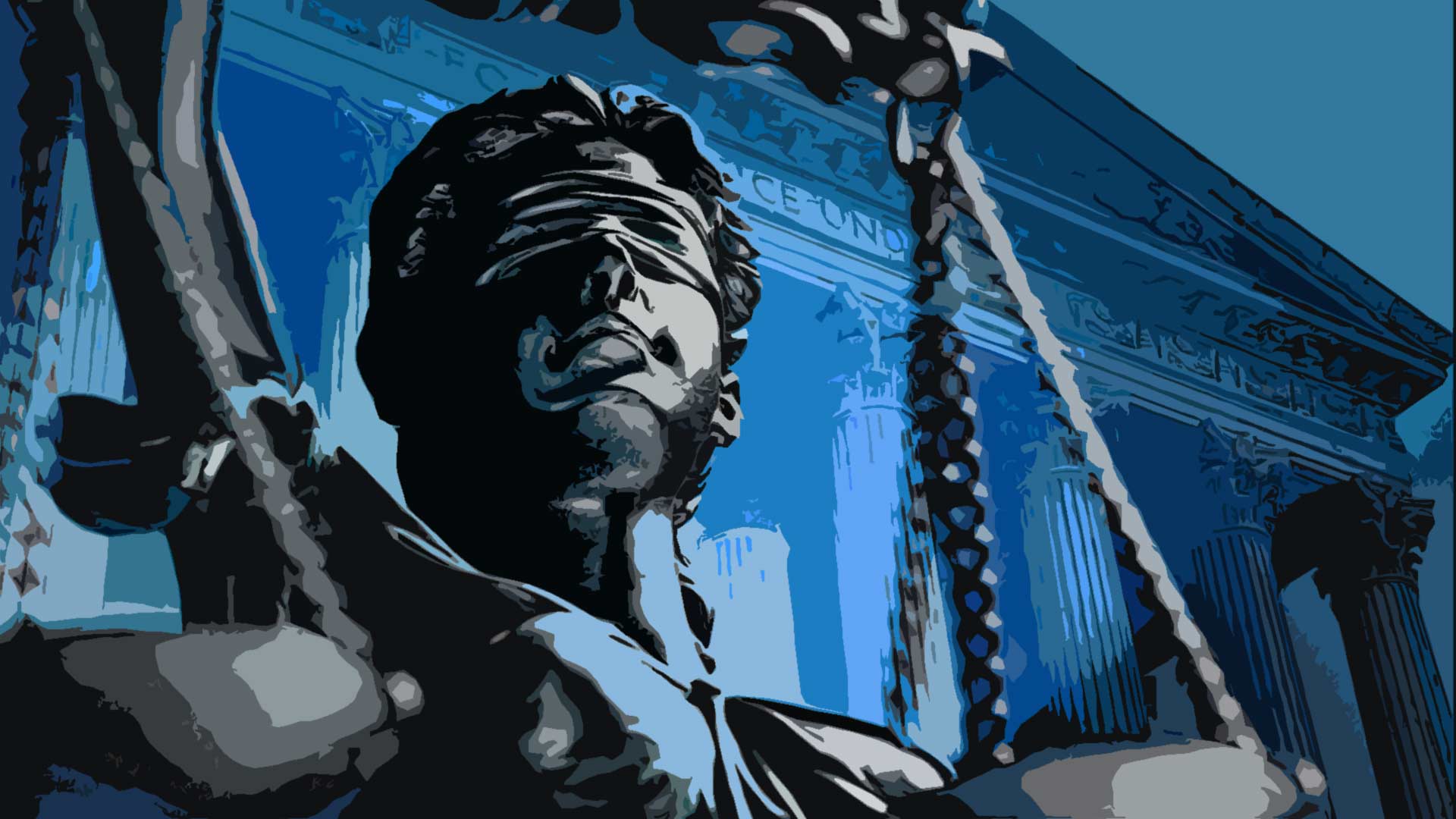
Governor Mike Dunleavy is lauding the June 28 U.S. Supreme Court’s landmark decision that curtails the ability of federal agencies to interpret ambiguously worded laws, a move he says will enable Alaska to better fight federal overreach.
With a 6-3 decision in, Loper Bright Enterprises v. Raimondo, the Supreme Court toppled a 40-practice of granting federal agencies far-reaching authority to impose regulations based on ill-defined laws.
The new ruling could significantly impact Alaska’s interests when parties appear in federal court to challenge or defend a federal agency action. By taking back its traditional role of determining what the law is, the courts will no longer simply defer to administrative bureaucracies.
“Ever since statehood, Alaska has had to continually fight just to try and hold on to what was already given – fish and game management, submerged lands, land entitlements, resource development, the list goes on,” Dunleavy said in a prepared statement. “This constant deference given to federal agencies has made the fight that much harder and resulted in Alaska being treated as a volleyball going back and forth depending on who’s in the White House. Our legal rights as a state should not depend on who’s in office – those rights either exist or they don’t. The U.S. Supreme Court’s decision today at least gives us a fair chance to fight back and secure the rights we were promised.”
For 40 years, federal courts have applied what is known as “Chevron deference” when reviewing federal agency actions. This legal doctrine originated from a 1984 decision of the U.S. Supreme Court, Chevron, U.S.A., Inc. v. Natural Resource Defense Council, Inc. It requires federal courts to defer to a federal agency if the court believes the agency’s interpretation was reasonable and the statute in question is ambiguous. This is true even if the court disagreed with the agency’s interpretation. In practice, this has left states and citizens with no secure interpretation of the law as it has been dependent on the policy choices of each changing federal administration.
ALASKA WATCHMAN DIRECT TO YOUR INBOX
For example, a federal district court in Alaska recently upheld a federal agency’s decision to override the State’s hunting seasons and open a rural subsistence hunt, although the court agreed with the state that federal law did not expressly grant the federal agency this authority.
“Federal agencies have used Chevron deference as a shield, limiting the ability of federal courts to look critically at the agencies’ actions all while moving to improperly expand their discretion and authority,” said Alaska Attorney General Treg Taylor. “By getting rid of Chevron, the Supreme Court has restored the separation of powers. Under our system of government, it is a court’s job to offer a final interpretation of the law, not the job of federal agencies.”
In his opinion, Chief Justice Roberts wrote that the now overturned Chevron doctrine required “a court to ignore, not follow, the reading the court would have reached had it exercised its independent judgment…”
Justice Neil Gorsuch in a concurring opinion described the court’s action as placing a “tombstone on Chevron no one can miss. In doing so, the Court returns judges to interpretive rules that have guided federal courts since the Nation’s founding.”
Alaska, joined with 26 other states, and filed an amicus brief with the Supreme Court asking for this very result.







9 Comments
Looking forward to seeing what changes happen due to this decision!
So odd that Alito did not recuse especially with his connection to Alaska and Singer, and same with Barrett and her father being part of the industry a large portion of his career. Seems as if this court really is cherry picking cases to set precedents for future cases, why else take cases without any standing to begin with, very odd indeed.
Im happy with what the court’s, have ruled on.
Now Dunleavy can you keep standing tall and fight for us Alaskans
The real answer is for the final and complete settlement of the lands that was promised under the Alaska Statehood Act in 1959. It’s been a long fight and the resolution is long overdue. Fight on gov!
The “alphabet mafia” working from the “swamp” seems to have made up powers and ordered citizens around. These agencies should not have had the power to interpret a rule they made up and then rule on it. This decision will take us back toward the rule of law. These agencies are out of control. The EPA, the FBI, the IRS (which even has a swat team), The ATF, and as the attorney said the list goes on. Individual citizens have experienced these authoritarian agencies. The US Supreme Court has made the right decision! Keep praying.
What’s an acceptable parts per billion of arsenic in our drinking water? At what age can a low income juvenile be charge with sexual assault? How many flaggers are needed on ADOT funded road projects? How many DMV staff do we need? Who processes native Alaskan veteran’s applications for allotment claims? Who checks for salmonella in Costco ground beef ? Who decides when to fix potholes in Anchorage? Who processes PFD applications?
Answer: hundreds of government employees that improve your life. This SCOTUS ruling puts corporations in charge of your choices. Welcome Monsanto.
Government was only allowed to get so big because people became lazy. People became so lazy that they did not want to ensure the standards that kept their communities healthy and doing well. Monsanto does not have a chance to survive when this is all said and done. All of the other businesses/corporations/entities do not stand a chance of being operational when this is all said and done. Accept reality Jb – people do know how to govern themselves without big brother sitting on their shoulders.
F. You’re innocence is kinda cute. But it’s destructive. You promote culture destroying Christian beliefs. You sound like a libertarian. Humans are a cancer. Big picture, they always foul their own nests and you in your naïveté happily cheer the parade.
The predators appreciate unlocking the chicken coop door.